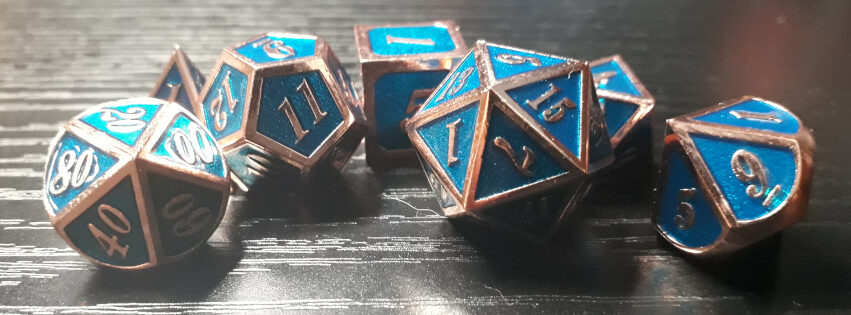Character creation discussions in D&D often turn to optimisation, and specifically maximising combat effectiveness (highest AC, greatest DPR,…). Optimisation goes both ways, however, so here is a character minimising combat ability. This is not, however, just a thought experiment. This is the essentially the character I am playing in our Wild Beyond the Witchlight campaign.
Non-Combat D&D Character Options

The key mechanical decisions when creating a D&D character are class, race/ancestry, and background. Of these class has the most impact on combat effectiveness. Starting with weapon and armour proficiencies sorcerer and wizard have the least physical combat skill. Both are primary spell-casters, so they also give a lot of flexibility to customise through spell selection. Looking at the spell lists, we will be avoiding anything that requires a saving throw or attack roll (those are, more or less by definition, offensive) and the wizard gives a wider selection of utility spells. Wizard will be our choice, although sorcerer would be similar. Bard or Cleric could also be an option, although they get broader weapon and armour selections.
Most races/ancestries are OK, but some give weapon proficiencies or other abilities that are to be avoided. Likewise, there’s a fairly free choice of background – even soldier doesn’t give anything specifically combat-oriented. For Wild Beyond the Witchlight I went with a Variant Human (taking Magic Initiate as a feat). The Witchlight Hand background tied in with the campaign, but I considered Guild Artisan. We also used some character creation house rules, but here’s a version using just the Player’s Handbook.
Bastian Weaver

The concept for the character is a young mage who believes very much in fate. In particular, he believes that there is a strong karmic principle, so doing harm will lead to badness. The image of a weaver or loom is often connected with the fates, so we have a background (Guild Artisan). Spells will be chosen to give utility in a campaign, but also to reflect a crafting background. Divination magic will be our specialty, reflecting our interest in fate and fortune.
Variant Human
With the standard array and two floating +1 modifiers we can get a 16 intelligence (for wizardry). Two 14s and a 12 to spread among Wisdom, Charisma, and Dexterity (good for skills). Finally, a 10 and 8 in Constitution and Strength won’t affect us much.
The Magical Initiate feat allows us to pick up some useful Cleric cantrips (Guidance and Thaumaturgy) and an extra divination (Detect Evil and Good). A skill and language round out our racial abilities – perception and elvish are solid choices, but there’s good flexibility here.
Guild Artisan
Insight and Persuasion give us some solid inter-personal skills. Artisan’s (weaver’s) tools let us carry on the family trade, and an extra language never goes amiss – dwarven is good for a crafter.
Wizard
Choosing cantrips is always tricky, but Prestidigitation has a lot of uses, while Mending fits with a crafter. Other good utility options are Dancing Lights, Light, Mage Hand, Message, and Minor Illusion. I opted for Dancing Lights, since it provides both illumination and some potential distractions. For starting first level spells I took Alarm, Comprehend Languages, Detect Magic, Find Familiar, Protection from Evil and Good, and Unseen Servant. Most of these are rituals, so can be cast more or less continuously. Identify is ideal for a future diviner, but the 100gp material component means it can wait until level 2. Two more skills – Arcana and Investigation for me – round out the starting class abilities.
Playing Non-Combat D&D
So far, Bastian has been a lot of fun to play. With our house rules some bonus skill points and the Prodigy feat add a few more skill proficiencies. Even without those, the character has a lot of flexibility to contribute to social interactions, exploration, and investigation. A familiar (I have gone with a raven named Loom) is useful for scouting, and with most spells being either cantrips or rituals the chore of spell-slot management is alleviated. Combat is a non-event, but we have a large group so one less entry in the initiative order is no harm at all. Bastian’s belief in fate and pacifist ideals have lead to some interesting role-playing within the party, but nothing problematic. At the end of the day Bastian’s not going to stop anyone doing what they want. It’s their own fate they’re risking.

